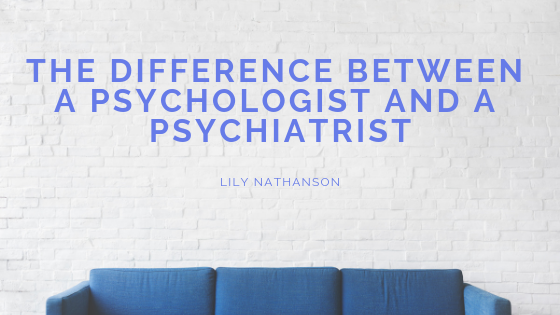When considering seeing a mental health professional, the difference between a psychologist and psychiatrist is an important factor to consider to maximize the chances of successful treatment. Although both are involved in therapy, each has areas of specialty in which they are more suited to treat.
The Differences
When depicting therapy, psychologists are often what the media portrays. Psychologists attend graduate school to obtain a Ph.D., and their treatment focuses on the mind and mental state of the patient. They use treatment options such as behavioral therapy, perform research, and administer tests. Also, not all psychologists are directly involved in patient care. Some psychologists focus primarily on research and furthering the field of psychology, whereas others act as therapists in a clinical setting.
Psychiatrists, on the other hand, attend medical school and frequently are trained in psychotherapy. Psychiatrists diagnose based on the criteria in the DSM and treat their patients with medical options for their mental illnesses. Unlike psychologists, they can prescribe medication to assist with treatment. Therapy may be a component of treatment through a psychiatrist, however, medication in conjunction with support for symptoms is often the primary treatment option that is offered.
Deciding between a Psychologist or Psychiatrist
The treatment of mental illnesses often is not as straight forward as some believe. Because of this, there are aspects of treatment in which both psychologists and psychiatrists overlap, and either option could benefit. However, there are some areas in which one or the other is more fitting. When dealing with severe mental health issues like schizophrenia, bipolar disorder, or psychosis, medication is often necessary for treatment to be effective. Whenever medication is necessary or desired for assistance with treating a mental health disorder, a psychiatrist is the best option. There are some circumstances in which a psychologist can prescribe medication, but typically this responsibility falls to the psychiatrist only.
For some mood disorders including depression and anxiety, a psychologist may be the ideal option. Through talk therapy, psychologists teach positive habits and coping skills. They can also provide support and assistance when entering a different time of life. When working through personal struggles, interpersonal relationships, or seeking treatment options that do not involve medication, psychologists should be the first line of treatment.

